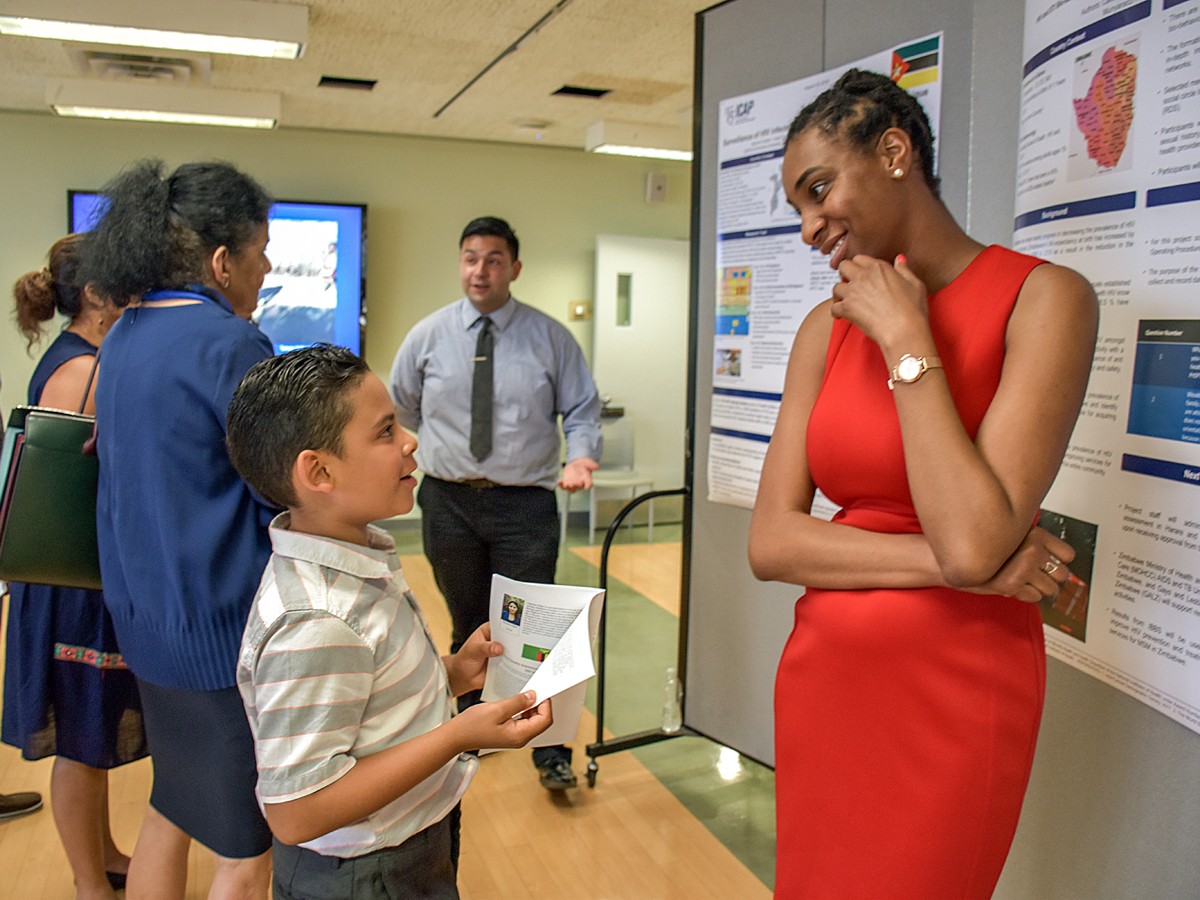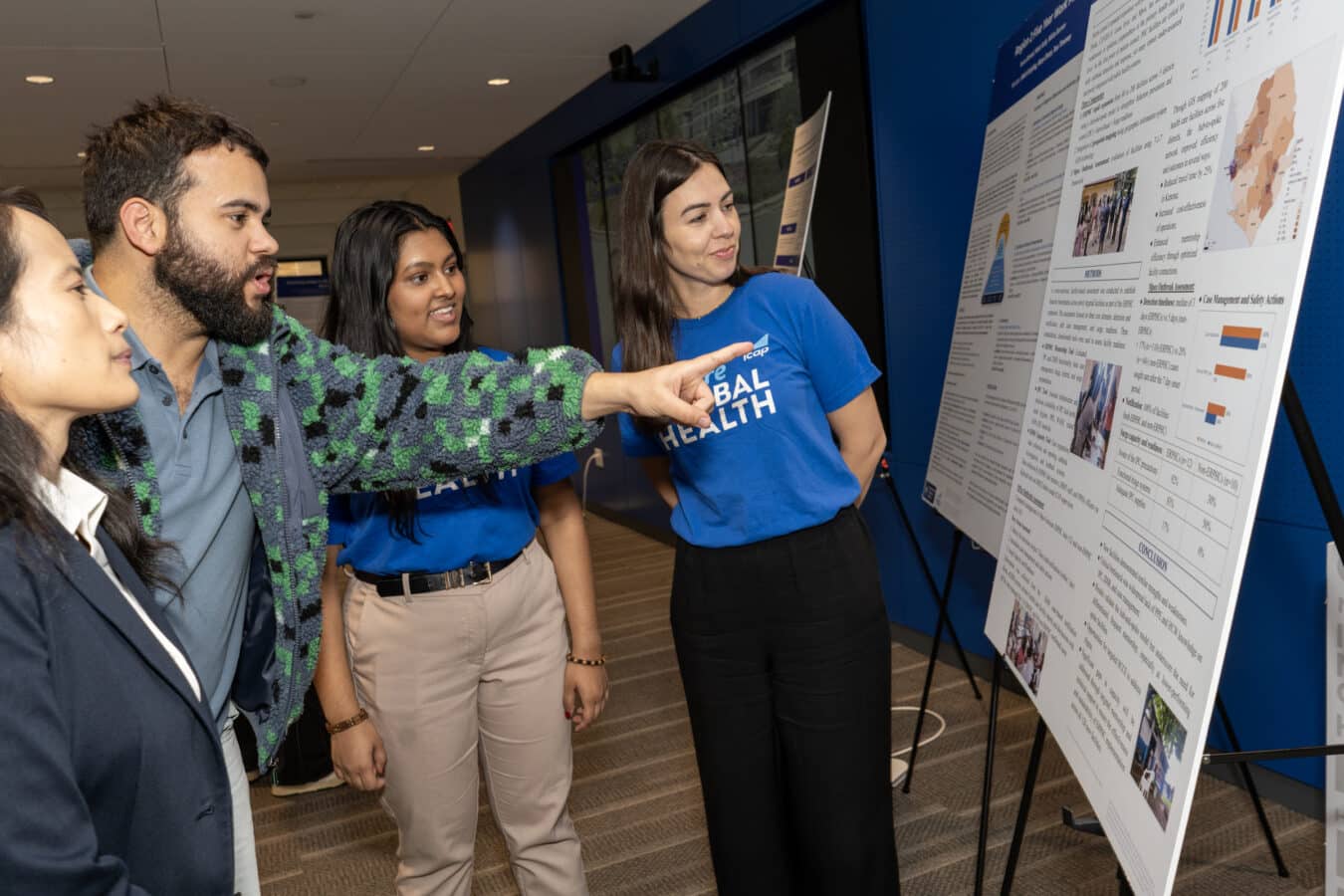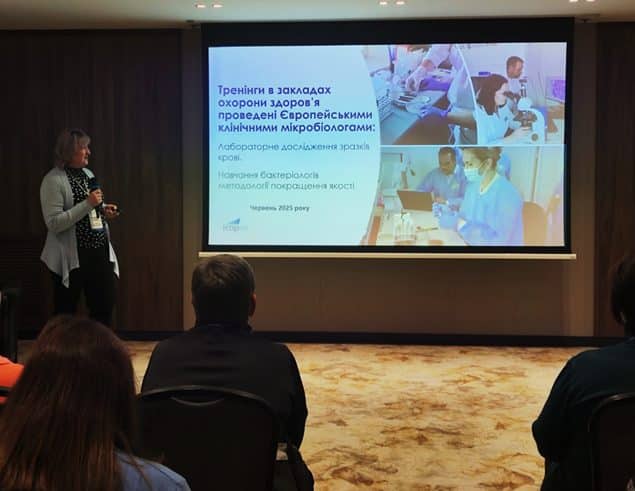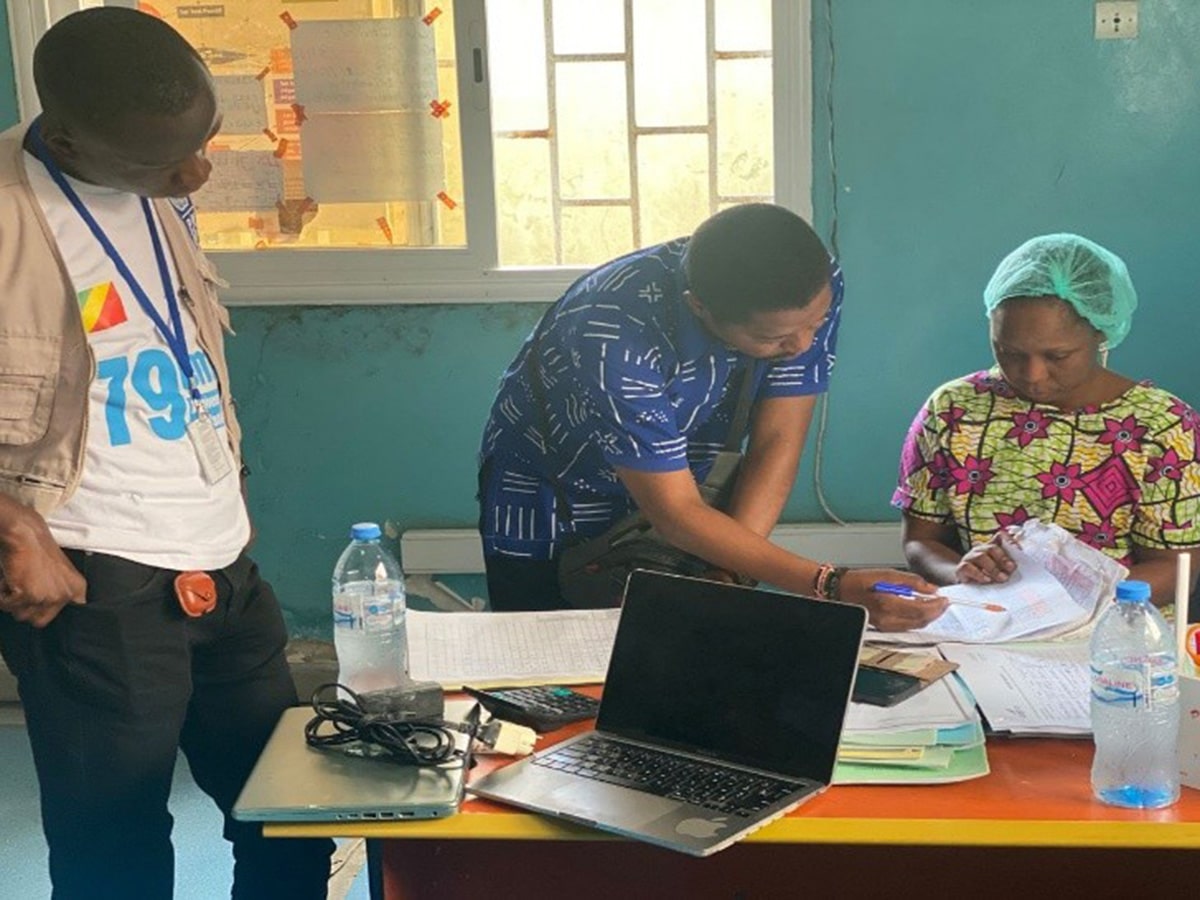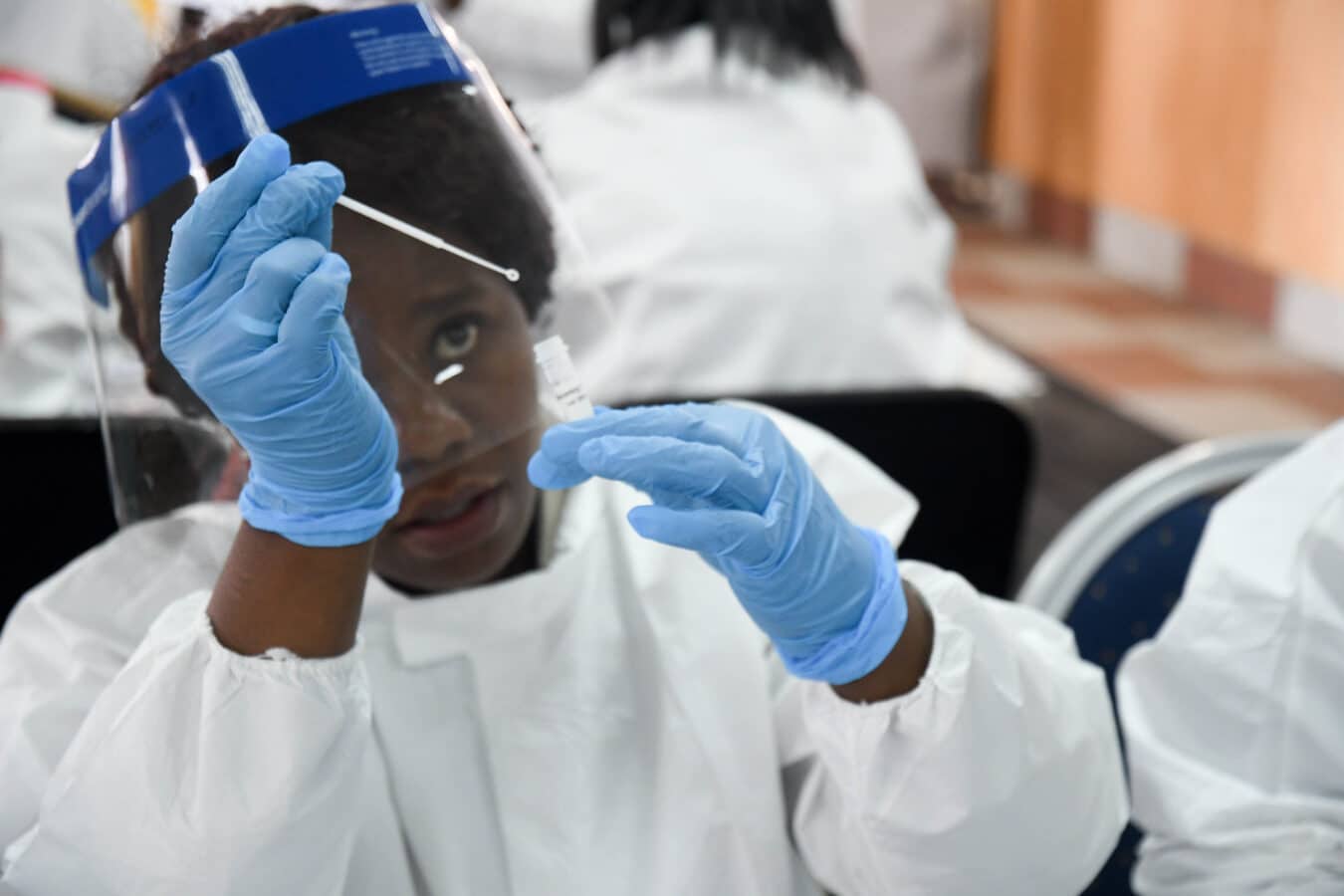Jorge Soler, PhD, MPH, is a community-based researcher at heart. Having spent five years working at a health agency serving the Latino community of Boston before starting his public health research training at the University of Michigan, his research is practice-oriented, and he’s particularly interested in studying successful strategies and replicating them in new settings. The opportunity to do this was what attracted him to ICAP’s Global Health Implementation Science Research Training fellowship.
“The people at ICAP are researchers, but they’re also working on real-world problems and application of public health theory, and that matches well with my experiences and where I want to take my career next,” he said.
Having just completed a two-year fellowship, Dr. Soler is now continuing for another year under the supervision of his mentor, Theodorus Sandfort, PhD, who runs the fellowship program at the HIV Center for Clinical and Behavioral Studies, part of Columbia University’s Department of Psychiatry. Dr. Soler connected with his mentor through the Global Health Implementation Science Research Training Symposium, an annual event where fellows across Columbia University share their work and have the opportunity to meet potential collaborators.
“It’s incredibly rewarding to work with young people who want to accomplish something,” Dr. Sandfort said. “It’s satisfying to give them the help that they need to make choices to get on the right track and to become the next generation.”
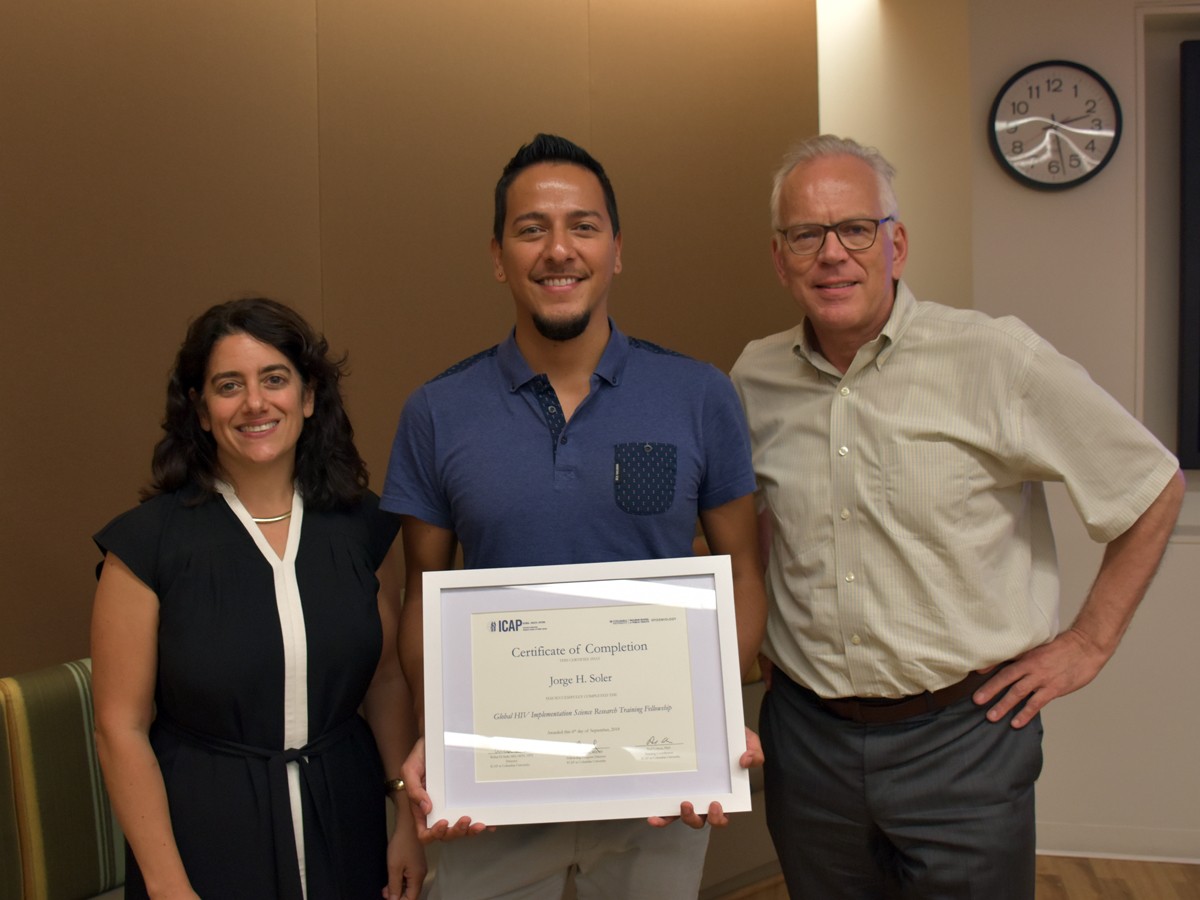
Hod Tamir, PhD, MS, had a similar experience connecting with colleagues and researchers across Columbia’s networks. “Before we even arrived, the fellowship administrators helped link us with potential collaborators. Because of that, I got to work with four or five different researchers, including senior researchers and medical doctors. These connections gave me broad opportunities, and that’s what public health is—bringing in all the different types of expertise in an all-hands-on-deck approach.”
The broad-ranging field of implementation science focuses on how to improve health services by turning research findings and evidence-based practices into routine clinical care. Narrowing the gap between research and practice takes drive and interdisciplinary cooperation, which Columbia University’s collaborative academic environment facilitates.
“The Global Health Implementation Science Research Training program is incredibly valuable, both to ICAP in terms of the fellows’ contribution to important research, and to the fellows themselves, as this experience at the forefront of implementation science will serve them in their future careers in public health,” said Paul Colson, PhD, who retired this year after four years as training coordinator, assisting Andrea Howard, MD, MS, director of ICAP’s clinical and training unit and principal investigator of the program.
“It is truly inspiring to see ICAP’s contributions to the future of global health and implementation science research through the accomplishments of our fellows,” Dr. Howard said. “The diverse backgrounds of our fellows, past and present, have enriched the program and allowed ICAP’s innovations and standards of excellence to have a further reach.”
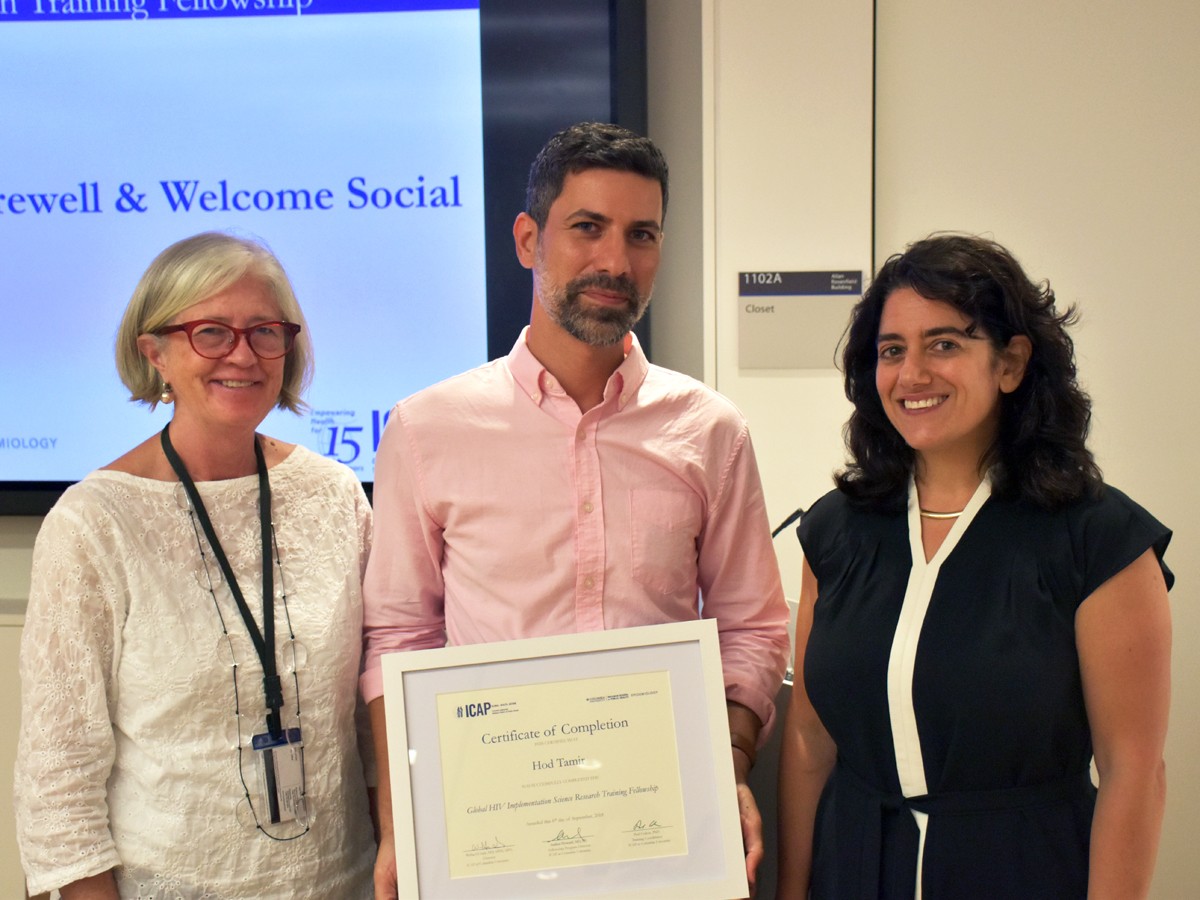
While the Global Health Implementation Science Research Training program is geared toward pre- and post-doctoral students with a specific interest in implementation science, the Minority Health and Health Disparities International Research Training Fellowship program gives undergraduate students and early graduate students from underrepresented or minority groups a practical introduction to public health research.
“It’s so meaningful to be able to introduce public health to students so early on in their education and provide them with opportunities to immerse themselves in public health in action,” said Fatima Tsiouris, MSc, ICAP’s director of training and the director of ICAP’s Minority Health and Health Disparities International Research Training Fellowship program. “It’s amazing to watch the transformational growth that comes along with this training program; for many, it’s lifechanging.”
One fellow, Javier Cattle, felt just that: “At first I was intimidated by the work I was going to be doing, because I’m more quiet and introverted and I knew that my project was going to be challenging in that way. But by the end of the program I felt like a completely different person. It pushed me to my limits, and I learned so much about myself, what it means to be a researcher, what it means to work in global public health, and just what it means to be me.”
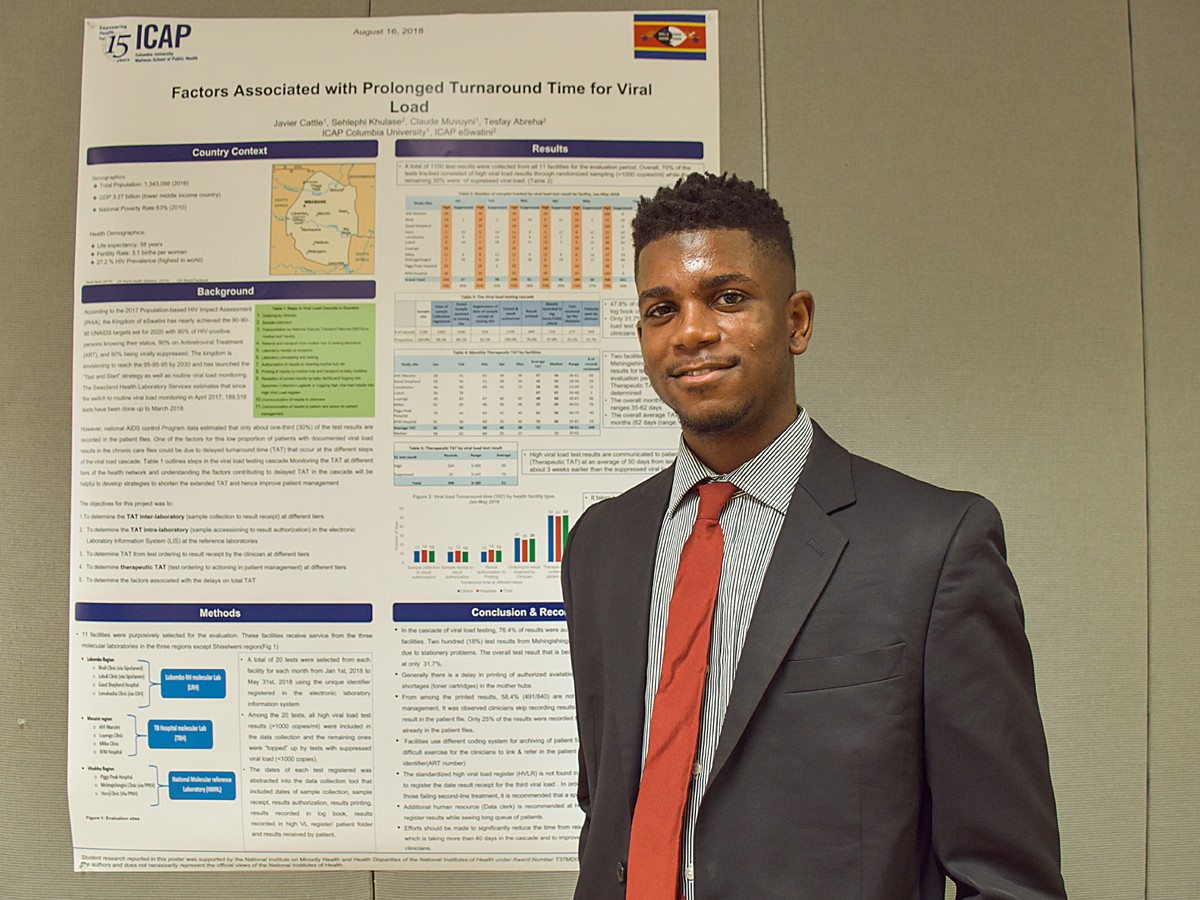
Mr. Cattle’s project in Eswatini examined factors associated with prolonged turnaround time on viral load testing, a persistent challenge for HIV patient care in areas where laboratory infrastructure is limited.
For Mr. Cattle and many in his cohort, the program has helped shape the next few years of discernment and coursework: “I was originally interested in medicine, but with my recent experience and seeing the world, I realized that to make the most important change, for me it would be a global public health approach. This program gave me the tools to assess what it means to do global health research and be in this field, and it’s been very informative for my next steps.”
Having the opportunity to try on public health research as a potential career and make real contributions to in-country programs was a highlight shared by many of this year’s outgoing fellows.
“It was challenging to understand all the possible issues with data quality management at the facility level, but eventually I was able to develop a tool that site supervisors and quality improvement specialists can use to visit facilities now,” said Vicki Soogrim, whose placement was in Zambia. “It was really cool to see this small tool making such a difference.”
“This program is one-of-a-kind,” said Chioma Onuoha, who worked in Zimbabwe. “They send you out with a lot of support, and they encourage you to make as much of a contribution to the country team as you can, so when you leave you see that what you did isn’t standalone, it’s part of a bigger picture. I really appreciated that.”
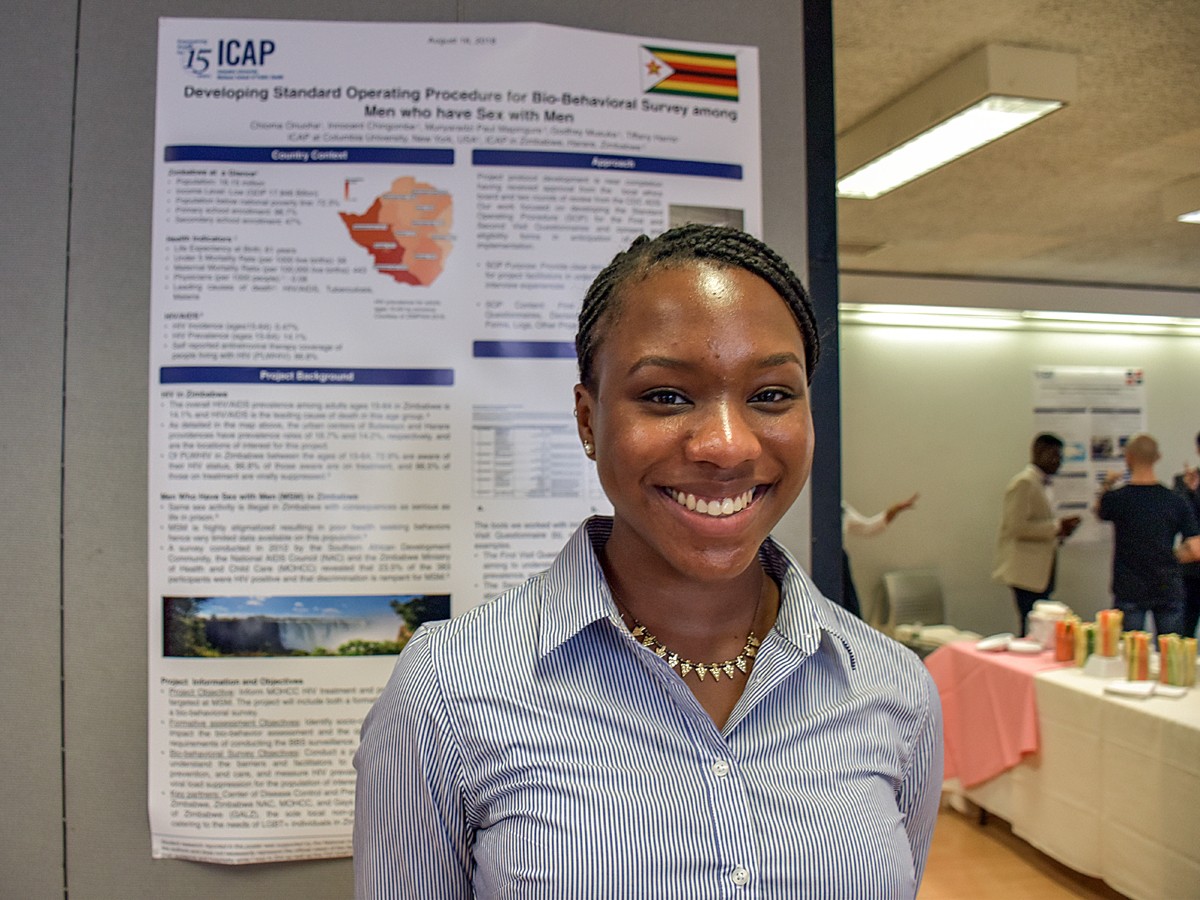
Contributing to the ‘bigger picture’ of global public health is something that both groups of fellows experience through ICAP’s programs. Whether as far away as Eswatini or as close as Harlem and the Bronx, these unique educational experiences have a foundational effect on students.
“The impact of the student training programs is profound,” said Wafaa El-Sadr, MD, MPH, MPA, ICAP’s global director. “Trainees gain the necessary practical insights in the relevant contexts. They consistently report professional and personal growth that will have a durable effect on their career and life choices for years to come.”
For more information on the T32 and T37 fellowships, as well as other student internships and opportunities, please visit ICAP’s Student Resources page.
Below, enjoy a slideshow of images from ICAP’s T32 and T37 summer events:
[fshow url=https://flic.kr/s/aHskEtqAFF]

